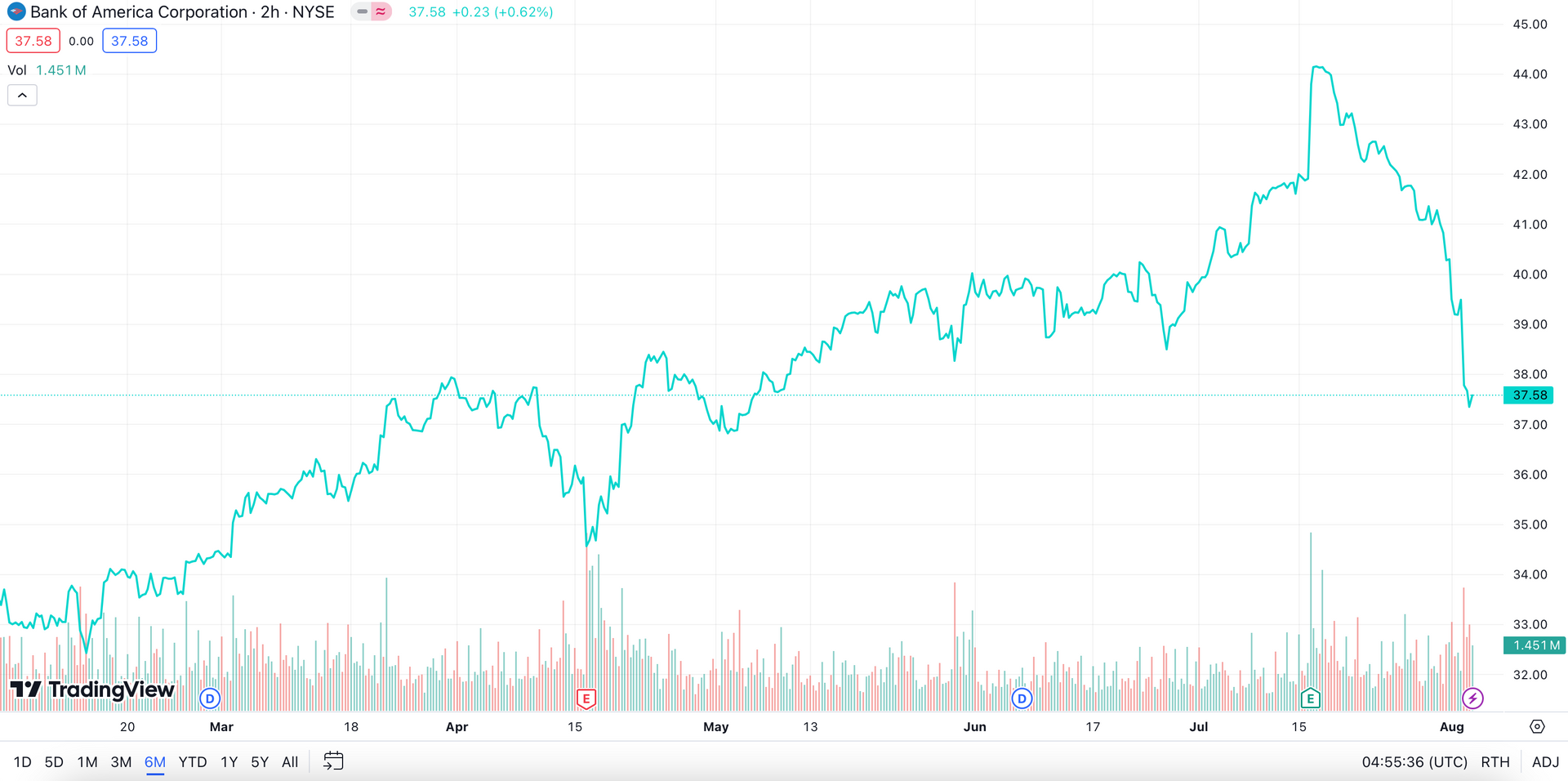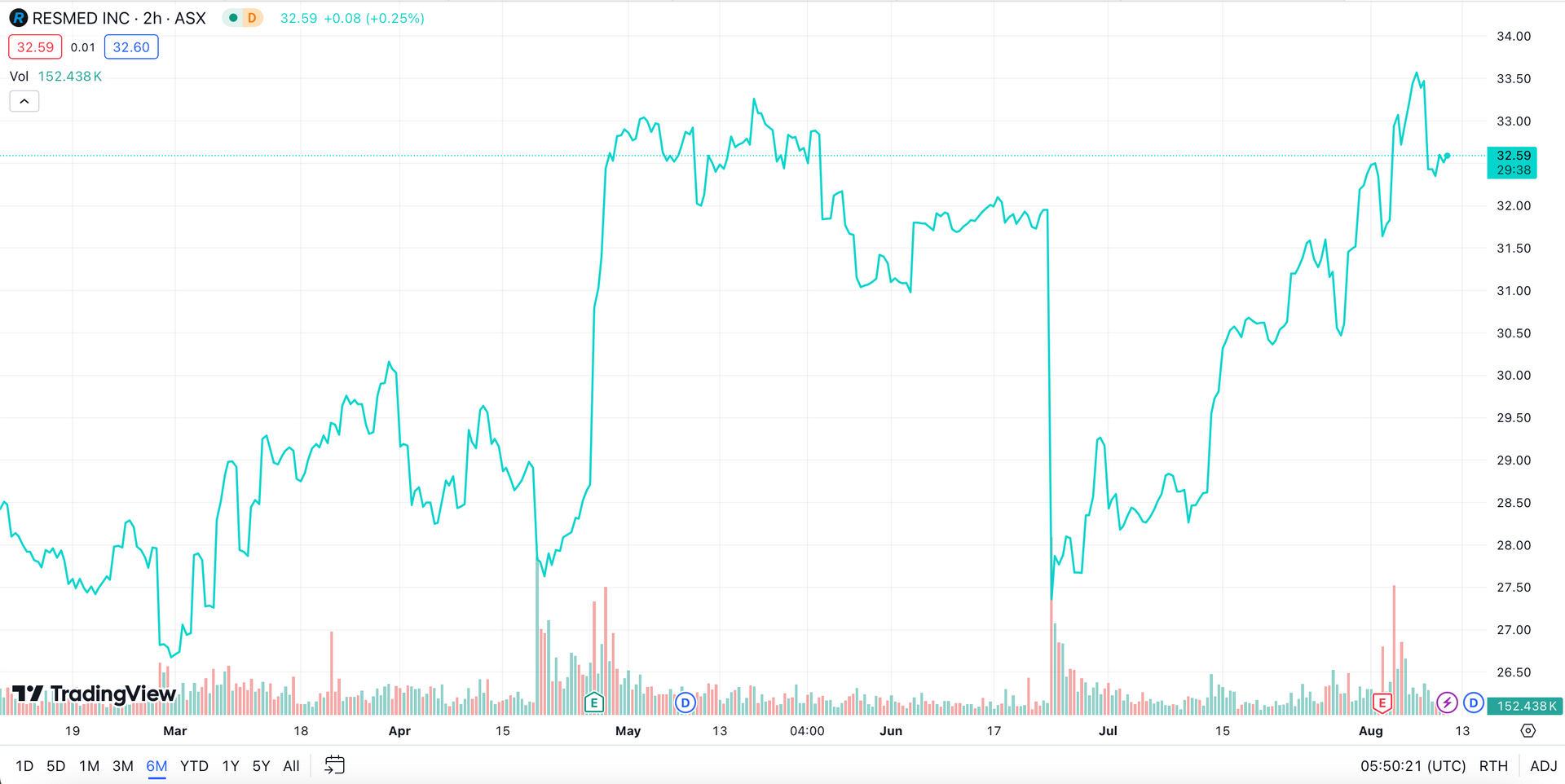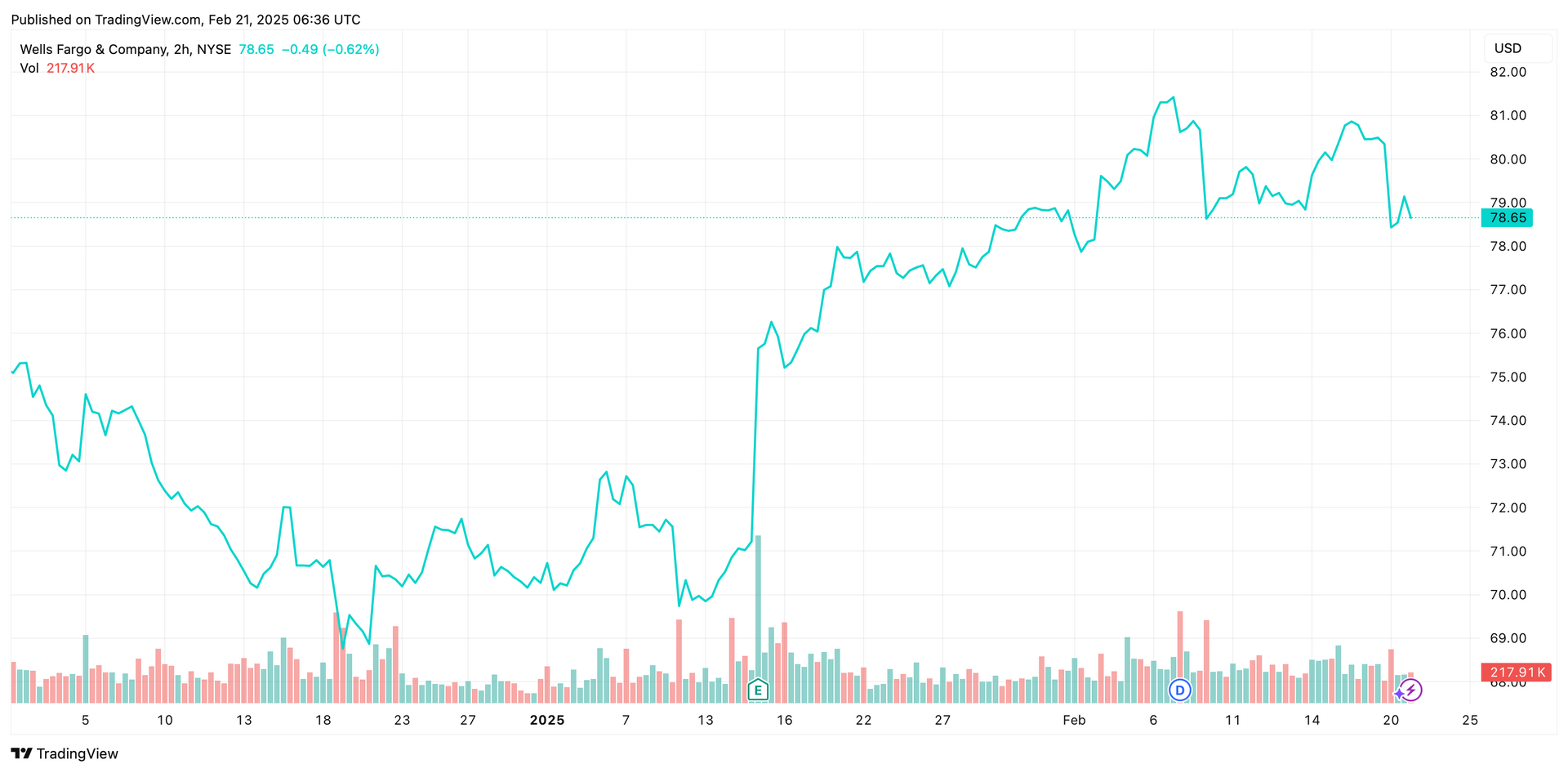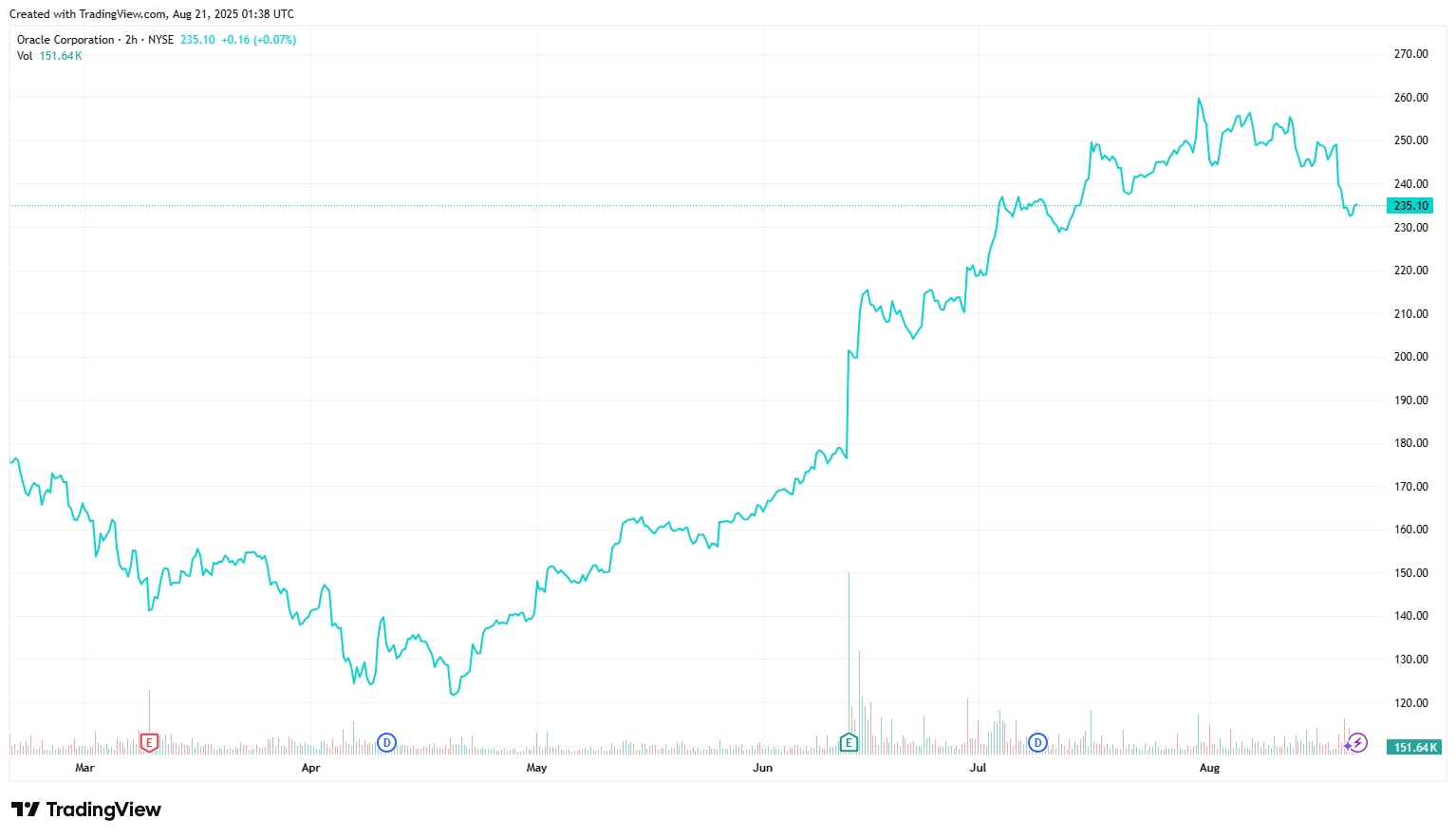How to Invest in Shares: A Beginner's Guide for Getting Started
Welcome to the beginner's guide to share investing! In this guide, we'll explore the ins and outs of investing in shares, particularly tailored for beginners in Australia. Share investing is a way to compound your money, not only protecting your savings from being eroded by inflation but also provide the opportunity for significant returns over the long term. For an investing beginner, understanding how to invest in shares is a crucial step toward achieving financial independence and long-term prosperity.
Why Share Investing Matters for Beginners in Australia
Investing in shares for beginners in Australia offers a unique opportunity to build wealth and generate passive income over time. Unlike traditional savings methods, share investing provides the potential for significant returns, allowing your money to work for you. Whether you're saving for retirement, a new home, or financial freedom, share investing can help you reach your goals faster and more efficiently.
Learn how to invest in Australia
The purpose of this article is to guide beginners through the process of investing in shares, from understanding the basics to making informed investment decisions. By the end of this guide, you'll have the knowledge and confidence to start your share investing journey and take control of your financial future. So let's dive in and explore the exciting world of share investing together!
Understanding the Basics of Share Investing
Investing for beginners in Australia
In this beginner's guide to investing in shares, we'll explore the foundational concepts of share investing, empowering beginners in Australia to embark on their investment journey with confidence.
What are Shares?
Shares, also known as stocks, represent ownership in a company. When you buy shares of a company, you become a shareholder, owning a portion of that company. Shareholders have the right to participate in the company's profits through dividends and may also have voting rights in company decisions.
How Does the Share Market Work?
The share market is where shares are bought and sold. It functions as a marketplace where investors come together to trade shares of publicly listed companies. Prices of shares are determined by supply and demand dynamics, influenced by factors such as company performance, economic conditions, and investor sentiment.
Ownership in a Company Through Shares
When you buy shares of a company, you become a part-owner of that company. Your ownership stake entitles you to a share of the company's profits and assets, as well as a say in important corporate decisions through voting rights at shareholder meetings. Shareholders benefit from the company's success through capital appreciation and dividends.
Basic Terminology in Share Investing
To navigate the world of share investing effectively, it's essential to understand some basic terminology:
- Dividend: A portion of a company's profits distributed to shareholders.
- Capital Gain: The profit earned from selling shares for a higher price than the purchase price.
- Portfolio: A collection of investments, including shares, held by an investor.
- Brokerage Account: An account with a brokerage firm that allows investors to buy and sell shares on the share market.
Understanding the fundamentals of shares and the share market is the first step towards becoming a successful investor. By grasping the concept of ownership through shares and familiarising yourself with basic terminology, you'll be better equipped to navigate the complexities of share investing with confidence.
Getting Started: Steps for Investing in Shares in Australia
Congratulations on taking the first step towards investing in shares! In this section, we'll outline the initial steps you need to take to embark on your share investing journey.
How do you buy shares?
As a beginner to investing, the first step in investing in shares is to set up a trading account. A trading account acts as your gateway to the share market, allowing you to buy and sell shares. When choosing a brokerage firm, consider factors such as fees, customer service, and the range of investment options offered.
Click here to get started with Sharewise today!
Researching and Selecting Shares
Once your brokerage account is set up, it's time to research and select shares to invest in. Begin by identifying companies that align with your investment goals and risk tolerance. Consider factors such as company financials, industry trends, and growth potential.
To research shares effectively, utilise resources such as financial news websites, company annual reports, and analyst recommendations. Additionally, consider seeking advice from experienced investors or financial advisors.
When selecting shares, aim to build a diversified portfolio to spread risk and maximise potential returns. Avoid investing all your capital in a single company or industry, as this can expose you to unnecessary risk.
Remember, investing in shares requires patience and discipline. Don't be swayed by short-term market fluctuations, and focus on the long-term growth potential of your investments.
By following these initial steps, you'll be well on your way to building a successful share portfolio and achieving your financial goals.

Choosing Your First Shares
Guidance on Selecting Share Investments
Choosing the right shares to invest in is crucial for building a successful investment portfolio. In this section, we'll provide guidance on what to look for when evaluating potential share investments, along with the importance of diversification and staying informed about industry sectors and market trends.
What to Look When Deciding What Shares to Invest in Australia
When considering potential share investments, it's essential to conduct thorough research and analysis. Look for companies with strong fundamentals, including:
- Financial Health: Evaluate a company's financial statements, including revenue, earnings, and debt levels. Companies with stable revenue growth and manageable debt are often more resilient during economic downturns.
- Competitive Advantage: Assess a company's competitive position within its industry. Look for companies with unique products, strong brand recognition, or technological advantages that set them apart from competitors.
- Management Team: Research the company's management team and their track record of success. A competent and experienced management team is essential for executing strategic initiatives and driving long-term growth.
Relevance of Industry Sectors and Market Trends
Industry sectors and market trends play a significant role in shaping share investment opportunities. Consider the following factors:
- Industry Growth Potential: Evaluate industry sectors poised for growth, such as technology, healthcare, or renewable energy. Investing in sectors with long-term growth potential can enhance the performance of your portfolio.
- Market Trends: Stay informed about macroeconomic trends and market developments that may impact share prices. Monitor factors such as interest rates, inflation, and geopolitical events to anticipate market movements.
Importance of Diversification in a Beginner's Portfolio
Diversification is key to reducing investment risk and maximising returns. Spread your shares and investments across different asset classes, industries, and geographic regions to minimise the impact of individual company performance on your overall portfolio.
By diversifying your portfolio, you can mitigate risk and enhance potential returns, even during periods of market volatility. Remember to regularly review and rebalance your portfolio to ensure it remains aligned with your investment objectives and risk tolerance.

Investing Strategies for Beginners
Basic Investing Strategies for Beginners
As you embark on your journey to invest in shares, it's essential to understand some basic investing strategies tailored for beginners. In this section, we'll introduce these strategies, discuss the differences between long-term and short-term investing, and highlight the importance of assessing your risk tolerance.
Introducing Basic Investing Strategies
- Dollar-Cost Averaging: This strategy involves investing a fixed amount of money at regular intervals, regardless of share prices. By consistently purchasing shares over time, you can benefit from market fluctuations and potentially lower your average cost per share.
- Index Fund Investing: Index funds are mutual funds or exchange-traded funds (ETFs) that track a specific stock market index, such as the ASX200. Investing in index funds provides diversification across a broad range of stocks and is a simple, low-cost way to invest in the overall market.
- Dividend Investing: Dividend investing involves purchasing shares of companies that regularly pay dividends to shareholders. These dividends can provide a steady stream of income and potentially contribute to long-term wealth accumulation.
Long-Term vs. Short-Term Investing
When it comes to investing in shares, you can adopt either a long-term or short-term investment approach.
- Long-Term Investing: Long-term investing involves holding shares for an extended period, typically years or even decades. This strategy aims to capitalise on the power of compounding returns and the growth potential of quality companies over time.
- Short-Term Investing: Short-term investing, also known as trading, involves buying and selling shares over shorter time frames, often days, weeks, or months. This approach requires more active management and involves higher levels of risk and volatility.
The Role of Risk Tolerance
Your risk tolerance refers to your ability and willingness to endure fluctuations in the value of your investments. It's essential to assess your risk tolerance before choosing an investment strategy.
- Conservative Investors: Conservative investors prioritise capital preservation and are willing to accept lower returns in exchange for lower risk. They may prefer safer investments such as blue-chip stocks or bonds.
- Aggressive Investors: Aggressive investors are willing to take on higher levels of risk in pursuit of higher returns. They may allocate a larger portion of their portfolio to growth stocks or emerging markets.
As you begin your journey into share investing, consider these basic strategies, weigh the pros and cons of long-term vs. short-term investing, and evaluate your risk tolerance. By doing so, you can make informed decisions and lay the foundation for a successful investment portfolio.

Risk Management and Diversification
Understanding Risk in Share Investing
Before diving into share investing, it's crucial to grasp the concept of risk and how it affects your investment decisions. In this section, we'll explore the different types of risks in share investing and discuss strategies to manage them effectively.
Types of Risk in Share Investing
- Market Risk: Also known as systematic risk, market risk refers to the possibility of investments losing value due to factors affecting the overall market, such as economic downturns, interest rate fluctuations, or geopolitical events.
- Company-Specific Risk: This type of risk, also called unsystematic risk, pertains to factors that affect individual companies, such as poor management decisions, competitive pressures, or product recalls.
- Liquidity Risk: Liquidity risk arises when it's difficult to buy or sell shares without causing significant price changes. Stocks with low trading volumes or in illiquid markets may pose higher liquidity risk.
Ways to Manage Risk
- Diversification: Diversifying your investment portfolio is one of the most effective ways to manage risk. By spreading your investments across different asset classes, industries, and geographic regions, you can reduce the impact of any single investment's poor performance on your overall portfolio.
- Asset Allocation: Asset allocation involves dividing your investment portfolio among different asset classes, such as shares, bonds, and cash. A well-balanced asset allocation can help mitigate risk by ensuring that your investments are not overly concentrated in one area.
- Stop-Loss Orders: Implementing stop-loss orders can help limit potential losses by automatically selling a stock if its price falls below a predetermined level. This strategy can protect your investment capital during periods of market volatility.
Investing Tools
An investment calculator is a valuable tool that can help you assess the potential returns and risks of your share investments. These calculators typically allow you to input variables such as investment amount, expected return, and holding period to estimate your investment's growth over time.
By using an investing in shares calculator, you can make more informed investment decisions and better understand the potential risks and rewards of your chosen investment strategy. As you navigate the world of share investing, remember to consider the various types of risk involved, implement strategies to manage risk effectively, and utilise tools like investing in shares calculators to assist in your decision-making process. Here are a few examples of online shares calculators you can explore:
Monitoring Your Investments and Making Informed Decisions
Staying Informed and Making Informed Decisions in Share Investing
In the dynamic world of share investing, staying informed about market trends and company performance is crucial for making informed decisions and achieving your financial goals. Let's delve into why staying informed is essential, how to monitor your investments effectively, and tips for making informed decisions based on market analysis and personal financial objectives.
Importance of Staying Informed
Being aware of market trends and company performance allows investors to react promptly to changes that may affect their investments. Market trends can indicate broader economic conditions, while company performance reflects the health and potential growth of individual investments. By staying informed, investors can identify opportunities and mitigate risks effectively.
Monitoring Investments and Portfolio Adjustment
Regularly monitoring your investments is vital for maintaining a well-balanced portfolio and maximising returns. Set up alerts or utilise investment tracking tools to stay updated on price movements, news, and company announcements. Review your portfolio periodically to assess performance against your investment objectives.
Adjust your portfolio when necessary to align with changes in your financial situation, risk tolerance, or market conditions. Consider rebalancing your portfolio to maintain your desired asset allocation and address any overexposure to specific stocks or sectors.
Tips for Informed Decision-Making
- Market Analysis: Conduct thorough research on market trends, economic indicators, and industry developments. Analyse historical data, current events, and expert opinions to identify potential opportunities and risks.
- Financial Goals: Define clear financial goals and investment objectives. Determine your risk tolerance, investment timeframe, and desired outcomes. Tailor your investment strategy to align with your goals and regularly review your progress.
- Diversification: Diversify your portfolio across different asset classes, industries, and geographic regions to spread risk and capture potential returns. Avoid over-reliance on a single investment or sector.
- Patience and Discipline: Practice patience and discipline in your investment approach. Avoid emotional decision-making and stay focused on your long-term objectives. Remember that successful investing is a marathon, not a sprint.
By staying informed, monitoring your investments, and making informed decisions based on market analysis and personal financial goals, you can navigate the complexities of share investing with confidence and increase your chances of success.

Learning and Growing as an Investor
Continuing Your Learning Journey in Share Investing
It's essential to recognise that learning is a continuous process. Here, we'll discuss the importance of ongoing education in share investing and provide valuable resources for further learning to empower you on your investment path.
Encouraging Continuous Learning
Share investing is a dynamic field influenced by a myriad of factors, including market trends, economic conditions, and technological advancements. To navigate this ever-changing landscape successfully, it's crucial to embrace continuous learning. Stay curious, explore new investment strategies, and remain open to expanding your knowledge base.
Resources for Further Education
- Books: Dive into the wealth of knowledge offered by investment literature. Timeless classics such as "The Intelligent Investor" by Benjamin Graham and "A Random Walk Down Wall Street" by Burton Malkiel provide valuable insights into investment principles and strategies.
- Courses: Enrol in online courses or attend workshops conducted by reputable financial institutions or educational platforms. Courses covering topics such as fundamental analysis, technical analysis, and portfolio management can enhance your understanding of share investing.
- Online Resources: Explore reputable financial websites, blogs, and forums dedicated to share investing. Websites like Investopedia, Morningstar, and Seeking Alpha offer a wealth of articles, tutorials, and expert insights to help you stay informed and make informed investment decisions.
- Financial Advisors: Consider seeking guidance from qualified financial advisors or investment professionals. They can provide personalised advice tailored to your financial goals, risk tolerance, and investment preferences.
By leveraging these resources for further education, you can deepen your understanding of share investing concepts, refine your investment strategies, and stay informed about the latest market developments. Remember that continuous learning is key to becoming a confident and successful investor.
Congratulations on taking the first step towards building your wealth through share investing! In our comprehensive guide, we've navigated through the essentials of share investing, from the basics and initial steps necessary for getting started, to selecting investments wisely and adopting effective investing strategies. We've emphasised the significance of risk management and the value of continuous learning to refine your investment skills. We hope this guide has given you the foundations and confidence to take the first step in your investment journey.
Don't let the perceived complexity of the share market hold you back.If you need further assistance buying shares in Australia and wondering "how to start investing in Australia" consider reaching out to
Sharewise, a comprehensive platform offering low-cost trading, institutional-grade research, expert financial advisory services, and portfolio management. With
Sharewise
by your side, you can embark on your investing journey and begin to buy shares in Australia with confidence and peace of mind. Happy investing!
Disclaimer: This article does not constitute financial advice nor a recommendation to invest in the securities listed. The information presented is intended to be of a factual nature only. Past performance is not a reliable indicator of future performance. As always, do your own research and consider seeking financial, legal and taxation advice before investing.
Subscribe to our newsletter
Disclaimer: This article does not constitute financial advice nor a recommendation to invest in the securities listed. The information presented is intended to be of a factual nature only. Past performance is not a reliable indicator of future performance. As always, do your own research and consider seeking financial, legal and taxation advice before investing.











